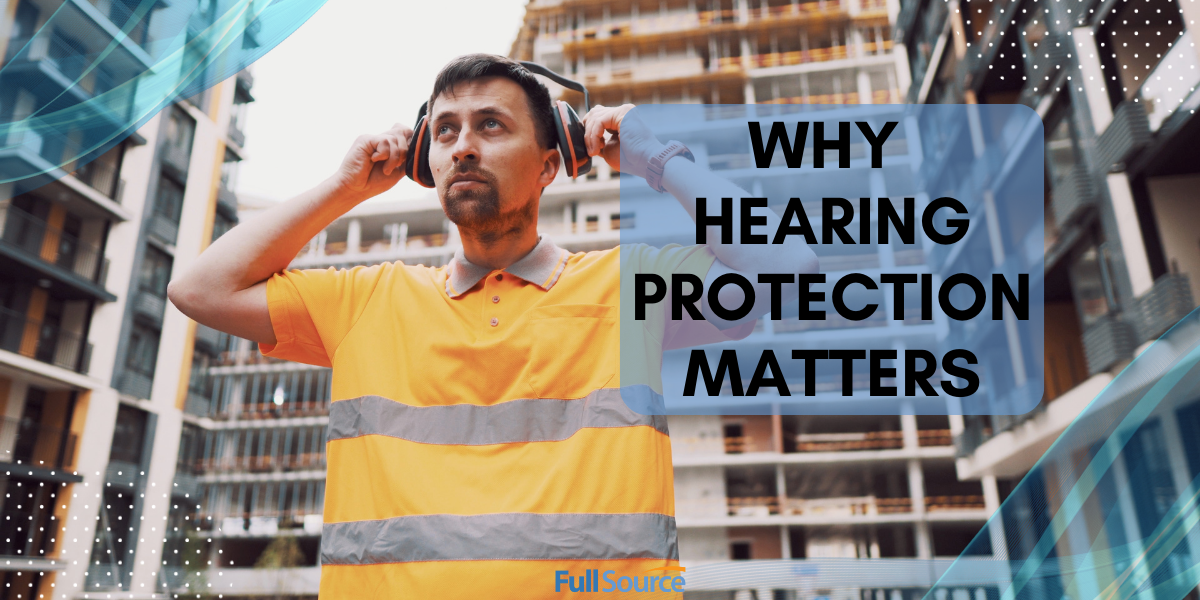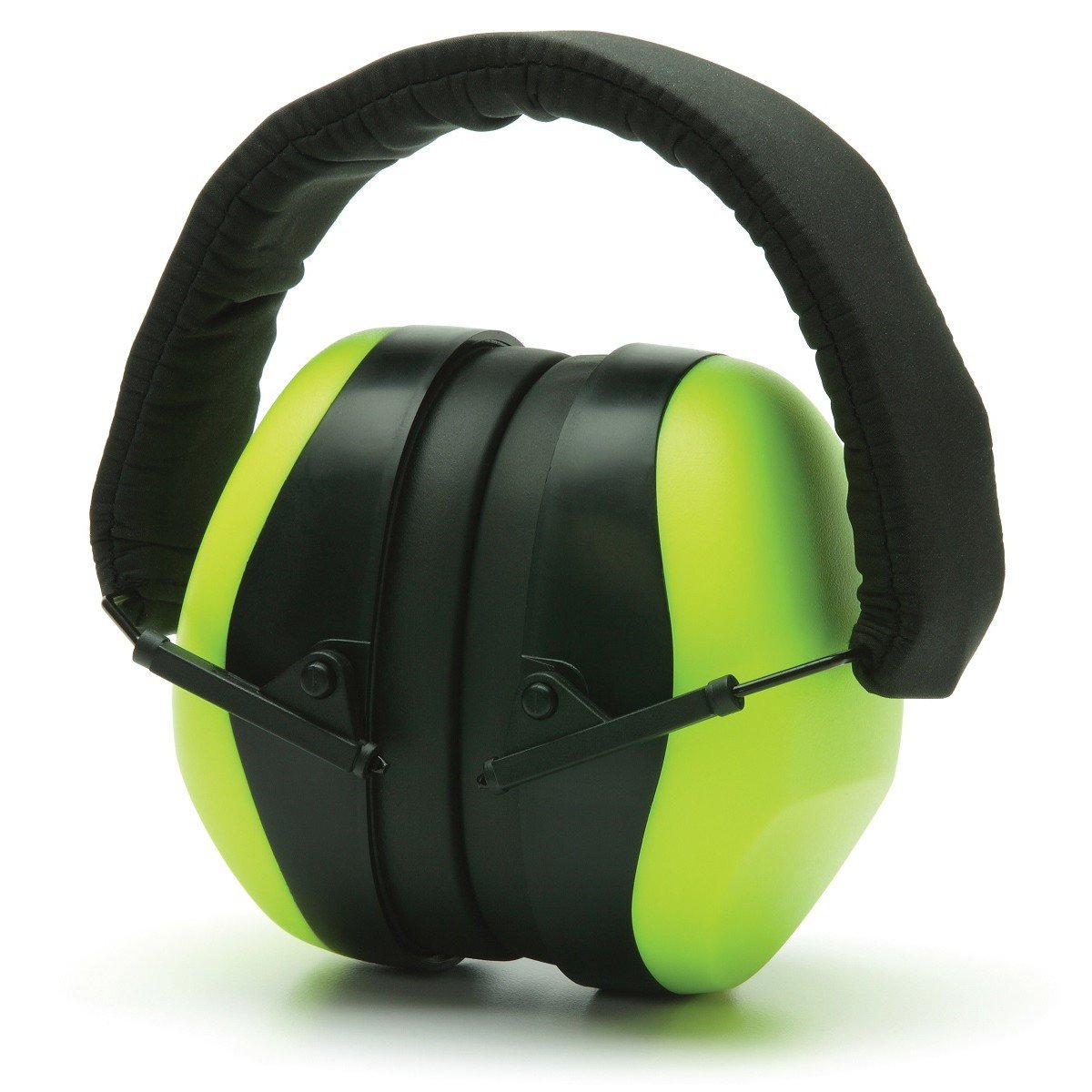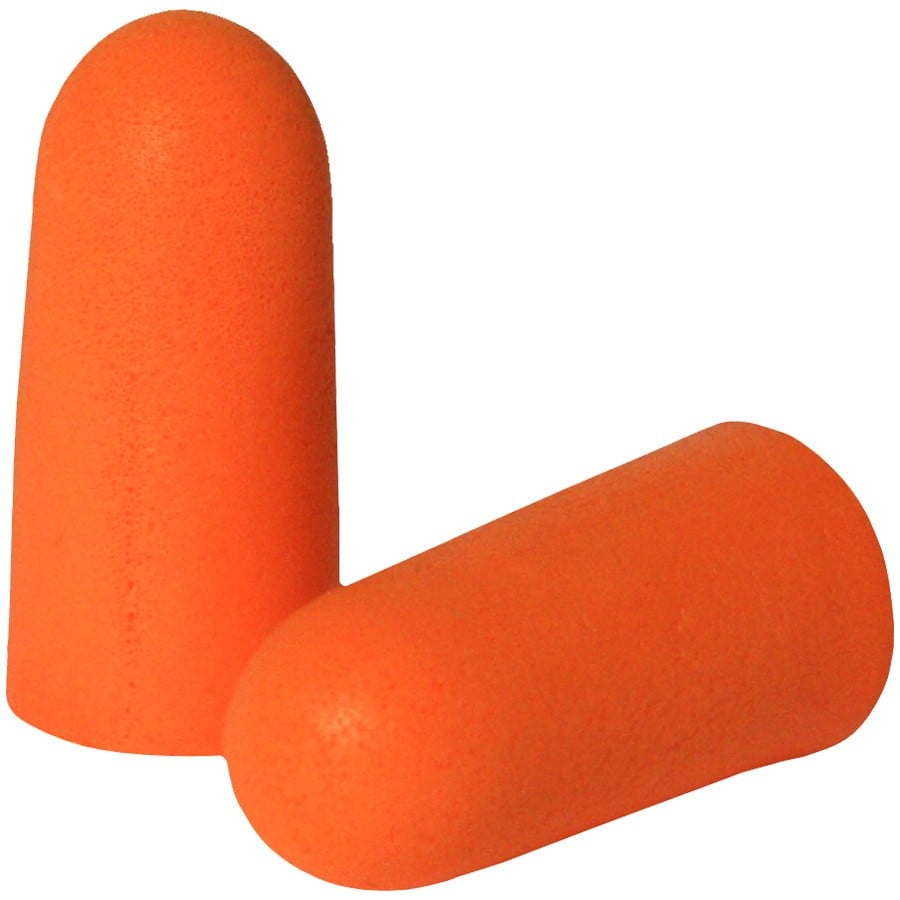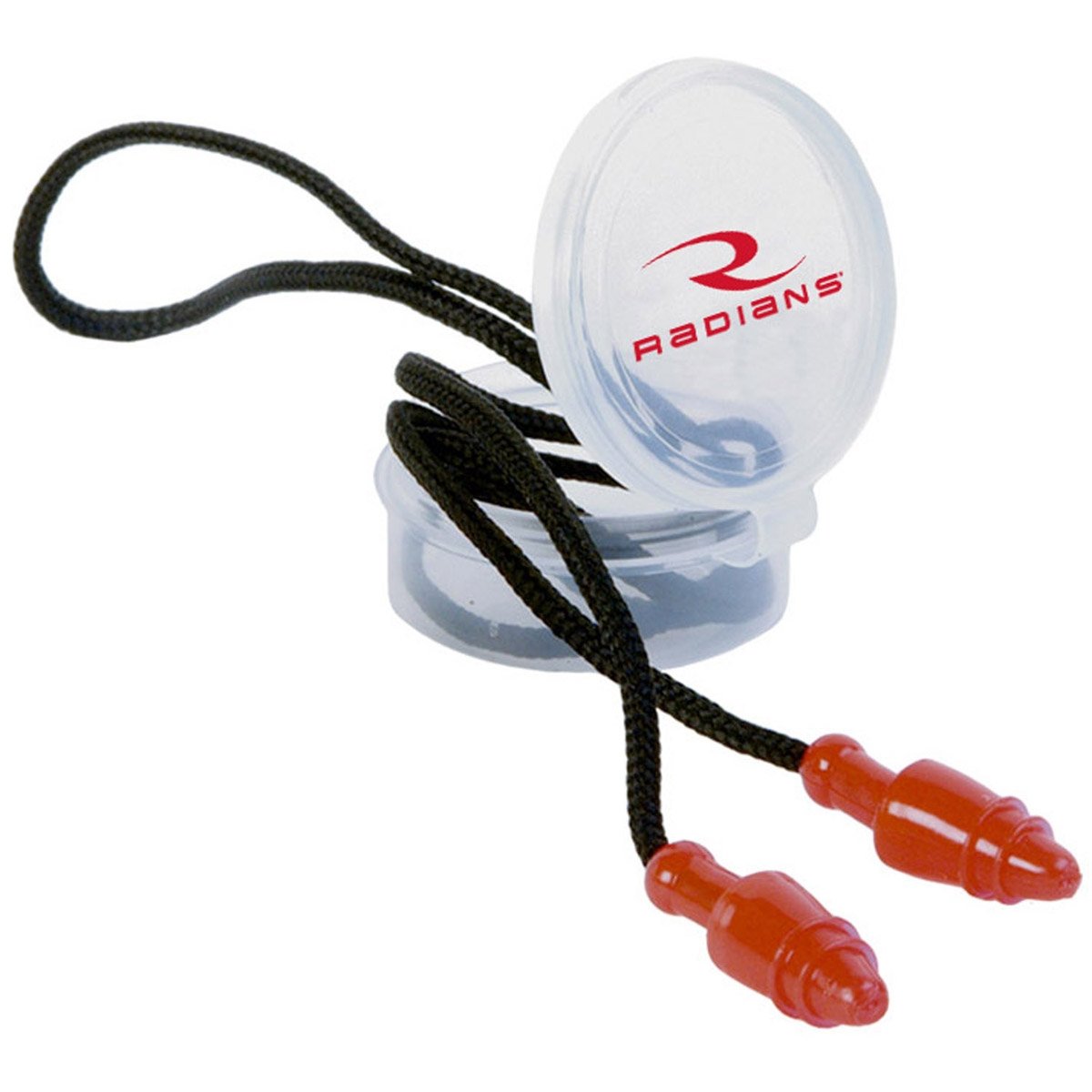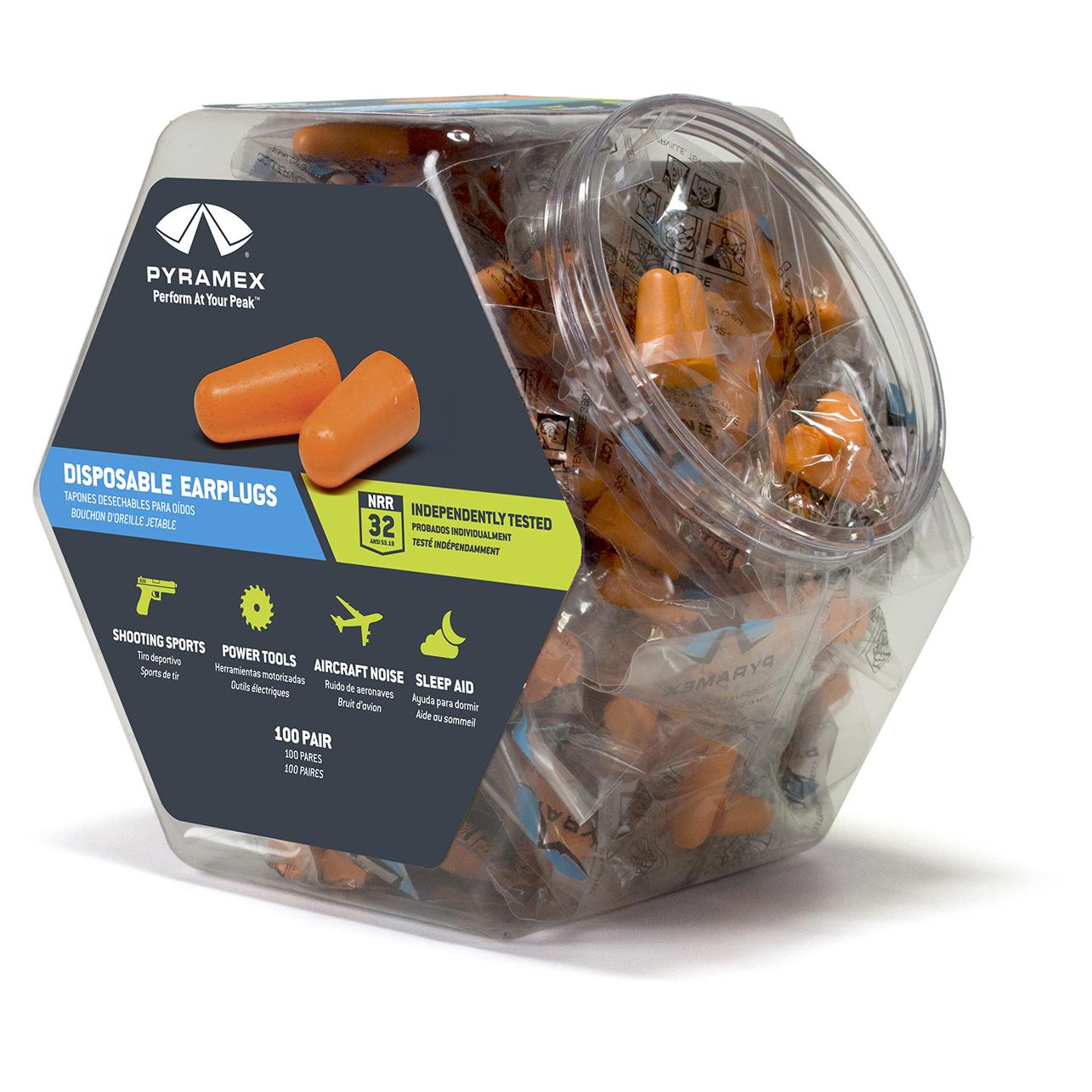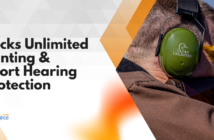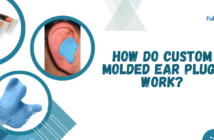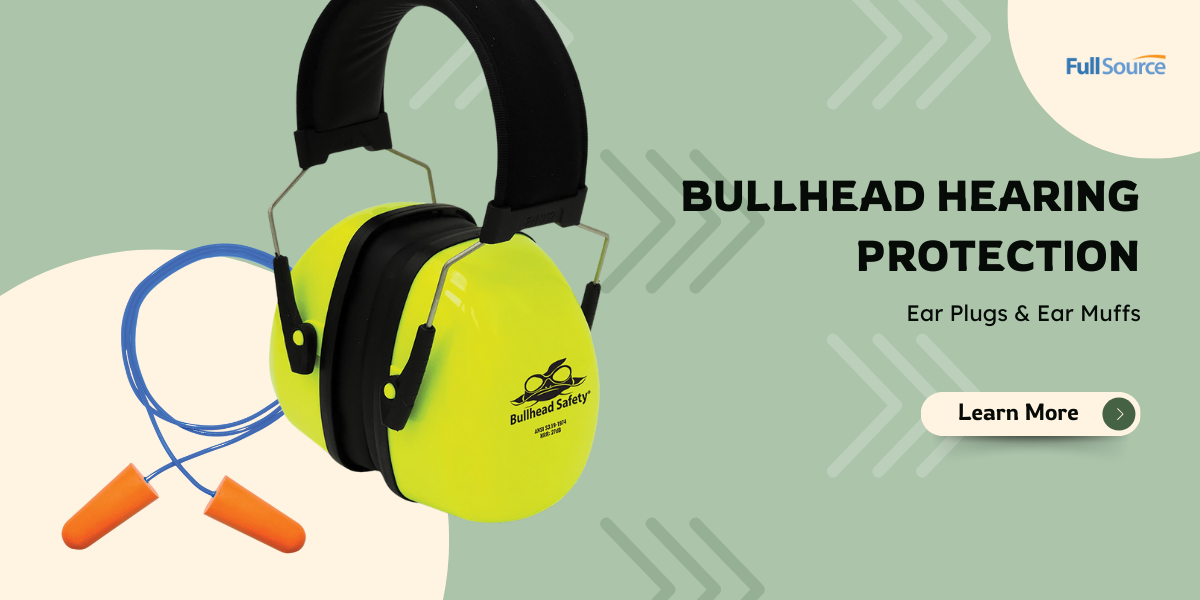Have you ever wondered why hearing protection matters? Are you a music enthusiast who can’t resist attending live concerts? Or perhaps you work in the construction industry, surrounded by loud machinery and constant noise? In either case, have you ever stopped to consider the long-term effects of these environments on your hearing? From the rhythmic beats that reverberate through concert halls to the deafening sounds emanating from construction sites, understanding the need for hearing protection is crucial. Join us as we delve into this topic and explore why safeguarding our precious sense of sound is essential in every aspect of life.
What is Hearing Protection?
First of all, when it comes to our sense of hearing, we often take it for granted. We’re not born with the ability to hear, but rather, it’s something that develops over time. The ear is a delicate organ and can be damaged by loud noises.
Exposure to noise above 85 decibels can cause permanent damage to your hearing. This is why it’s so important to wear hearing protection in noisy environments. Hearing protection can come in the form of earplugs or earmuffs and can help reduce the risk of noise-induced hearing loss. And ear muffs and ear plugs are available from brands like Howard Leight, PIP, Radians, and Pyramex. There are styles of hearing protection for men, women, and youth.
If you work in a noisy environment or enjoy attending concerts or other loud events, make sure to invest in a good pair of hearing protection devices. Your ears will thank you! And all of our hearing protection feature NRR or noise reduction ratings. The higher the rating, the more hearing protection they provide. And this is important for those working around loud noises, using machinery, or using guns at a range. Find hearing protection like ear muffs and ear plugs with NRR ratings between 7 NRR and 33 NRR.
Causes of Noise-Induced Hearing Loss
There are many causes of noise-induced hearing loss. Exposure to loud noise is the most common cause of this type of hearing loss. And certain medications, head injuries, and diseases cause noise-induced hearing loss.
Loud noise exposure is the most common cause of noise-induced hearing loss. This can occur from exposure to loud noises at work, such as construction sites or factories. And from recreational activities, such as listening to music at concerts or clubs. Noise-induced hearing loss can also occur from living near high-traffic areas or from operating loud machinery.
How Does Noise Affect Hearing?
Exposure to noise can cause a range of hearing problems, from temporary tinnitus (ringing in the ears) to permanent deafness. Even if you don’t experience any symptoms yourself, exposure to loud noise over time can damage your hearing irreversibly.
There are two main types of hearing loss: sensorineural and conductive. Sensorineural hearing loss is caused by damage to the inner ear or auditory nerve and is usually permanent. Conductive hearing loss occurs when there is a problem with the middle ear or ear canal, and can often be corrected medically or surgically.
Most noise-related hearing loss is sensorineural. It is often caused by a one-time exposure to loud noise, such as an explosion, or from repeated exposure to softer sounds over time. Some common causes of noise-related sensorineural hearing loss include:
– listening to music through headphones at high volume
– working in a noisy environment without proper hearing protection
– attending concerts or other loud events without earplugs
– exposure to loud noises on a regular basis, such as from construction equipment or power tools
Types of Hearing Protection
There are many different types of hearing protection available on the market today. Depending on your specific needs, there is a type of hearing protection that can help to protect your hearing.
Concerts and other live music events can be extremely loud, which can damage your hearing over time. Earplugs or earmuffs can help to reduce the amount of noise that you are exposed to and protect your hearing from long-term damage.
If you work in a noisy environment, such as a construction site or a factory, you may be required to wear ear protection. Earplugs or earmuffs can help to reduce the amount of noise that you are exposed to and protect your hearing from long-term damage.
Some people suffer from tinnitus, which is a condition where you hear ringing in your ears. Wearing sound-cancelling headphones can help to reduce the amount of noise that you are exposed to, and provide relief from tinnitus symptoms.
When Do You Need to Wear Hearing Protection?
There are a variety of situations in which you should consider wearing hearing protection. Exposure to loud noises for extended periods of time, whether at work or during leisure activities, may damage your hearing. Even short-term exposure to very loud noise can cause hearing loss.
Also, noisy environments like construction sites or factories often require you to wear hearing protection. And if you are not sure if your workplace is considered noisy, ask your employer or safety officer. Hearing protection meets ANSI and OSHA safety guidelines. Your specific work environment or job site might require different levels of protection, so always check to make sure you are safe.
You should also wear hearing protection if you participate in any leisure activities that expose you to loud noise, such as shooting guns, riding motorcycles, or going to concerts. Even if these activities are only occasional, they can still damage your hearing over time. And low-cost ear plugs make it easy and convenient to ensure you have access to hearing protection. Corded and uncorded ear plugs are sold individually or in box quantities. Also, ear plugs come in disposable and reusable options in foam, rubber, or silicone.
More Hearing Protection Options
In addition to ear plugs, our ear muffs are also a good way to stay protected from loud noises. Ear muffs come in several different styles, colors, and options. And this includes active listening, electronic, foldable, and cap-mounted ear muffs for hard hats. Best-selling ear muffs from DeWalt, Pyramex, and ERB by Delta Plus offer NRR-rated protection ideal for the job site. Most ear muffs are also adjustable to fit a range of head and ear sizes, providing comfort, fit, and protection.
And if you think you may have damaged your hearing, it is important to see a doctor or audiologist as soon as possible. This allows them to assess the extent of the damage and recommend the best course of treatment.
Benefits of Wearing Hearing Protection
There are many benefits to wearing hearing protection, whether you are attending a loud concert or working on a construction site. Wearing hearing protection can help prevent noise-induced hearing loss, which is permanent and irreversible. It can also help reduce tinnitus or ringing in the ears. And wearing hearing protection can help you concentrate better and communicate more effectively in noisy environments.
Protecting your hearing is important for your overall health and well-being. And exposure to loud noises on a regular basis requires you to wear hearing protection to help prevent long-term damage to your ears.
Conclusion
Conclusion In conclusion, good hearing protection is essential to protecting our ears from noise-induced hearing loss. Whether you’re at a rock concert, on a construction site, or living your daily life in an urban environment, the need for good quality ear protection cannot be overstated. We hope that this article has provided some useful information about understanding the different levels of noise. And what types of hearing protection can help protect your ears. If you have any questions about finding the right type of ear plugs or ear muffs for your needs, don’t hesitate to reach out to us – we would be happy to help!

